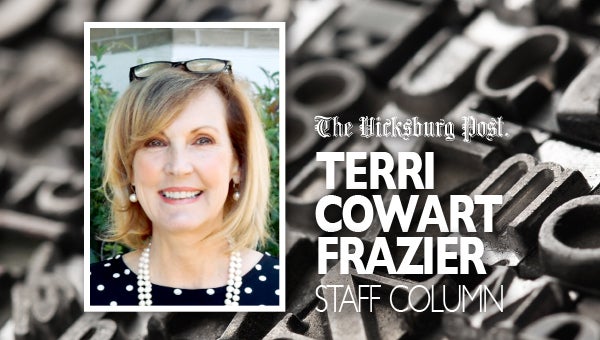FRAZIER: The importance of mindfully consuming media
Published 4:00 am Sunday, July 11, 2021
This week, I did something I don’t normally do: I succumbed to Facebook and its rhetoric.
Normally, I will just scroll through, look at pictures and read a few posts made by family members. But this week, I let my emotions get the best of me, and posted responses to a couple of posts.
I guess you might say, they hit my hot button. Fortunately, I did not eek out anything profane, call someone a name or try to profess hearsay.
No, in one case I just conveyed my thoughts on a close friend that was being discussed and in the other, I merely asked if the person that posted had facts and evidence to back up their claim.
I suppose I shouldn’t press individuals who post on social media outlets — most are not professional journalists, and truth be told, are not held to any standard in what they choose to say.
I find it interesting that Facebook and other social media outlets make claims they remove harmful content. But I am not so naïve to think they could fully know the impact of all the statements, claims or false information posted and the impact it would have on individuals.
It is absolutely impossible for them to know the psyche of every person who reads a post and how it may affect them.
I mean let’s be real, some things you read may be of no bother to you, but it could very well ruffle my feathers.
Take for instance the “War of the Worlds” radio broadcast that was aired in 1938. Most of us of a certain generation are probably aware of the show Orson Welles and his colleagues performed on Halloween Eve.
Using an adaption of H.G. Wells’s novel by the same name, their performance was interpreted by some as the end of the world and for others, it was just an entertaining radio program.
Folks who tuned in at the beginning thought all was good, but for those who cozied up to their radios a bit after Welles’ show began, they really believed this was a special news broadcast reporting that Martians had landed and were fixing to invade New York City.
Needless to say, what was supposed to be in fun and jest had caused hysteria. People thought the end of the world was upon them, so calls were made to police stations, people fled their homes and some made their way to churches to pray.
It was even reported some had tried to construct gas masks.
This is clear evidence that inaccurate information can cause a tizzy.
Whether Welles was truly remorseful or not for causing a panic, one thing is apparent: people had been influenced by a radio show.
In this day and age, social media can do the same if we are not mindful.
So be diligent. Check sources and don’t believe every salacious thing you see while scrolling.
Don’t be manipulated by social media and let it push your hot button.






